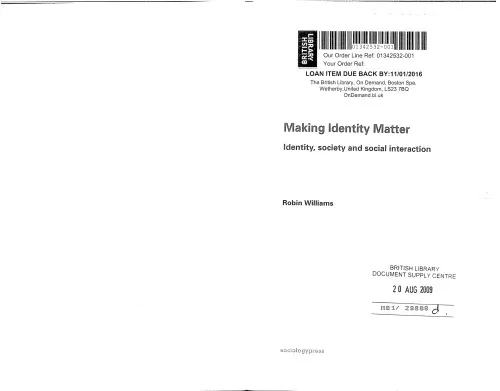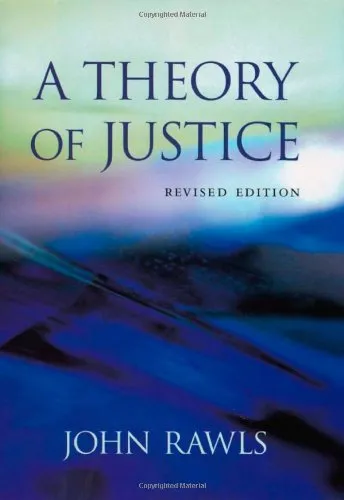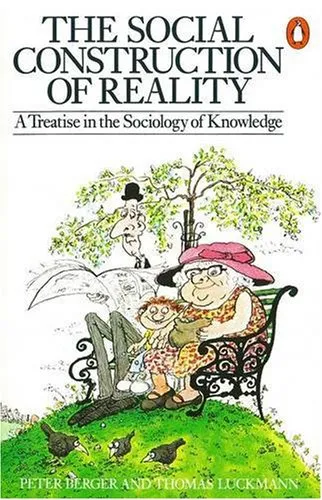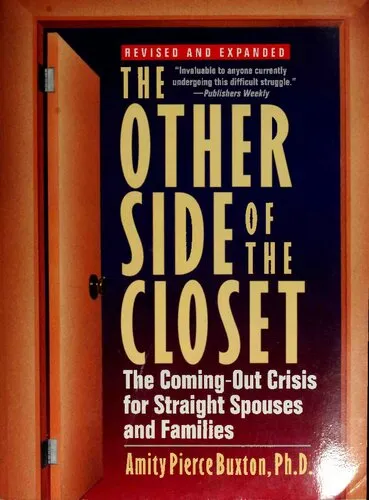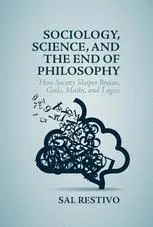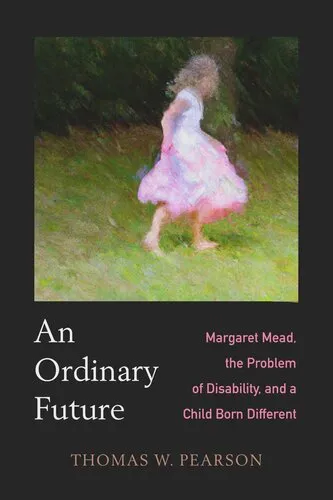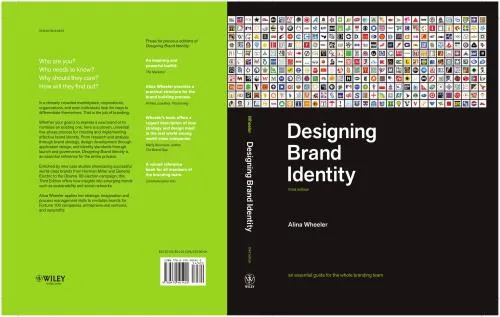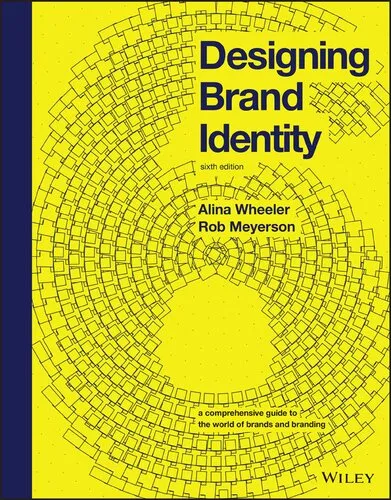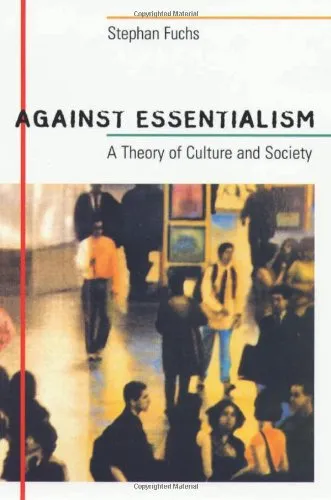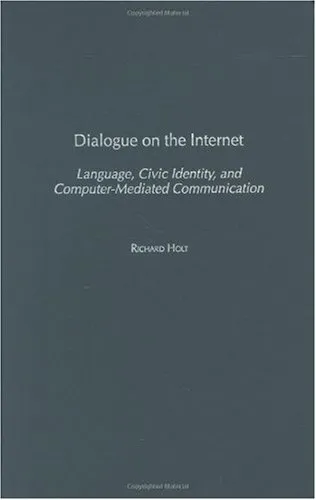Making Identity Matter: Identity, Society and Social Interaction
4.3
Reviews from our users

You Can Ask your questions from this book's AI after Login
Each download or ask from book AI costs 2 points. To earn more free points, please visit the Points Guide Page and complete some valuable actions.Related Refrences:
Introduction to "Making Identity Matter: Identity, Society, and Social Interaction"
"Making Identity Matter: Identity, Society, and Social Interaction" is a compelling exploration of the intricate ways in which our personal and social identities intertwine, shaping both individual lives and the collective experience of society. In this book, I delve into the significance of identity as a central concept in understanding human behavior, relationships, and social structures. With a blend of theory, case studies, and real-world examples, this work emphasizes the crucial role identity plays in mediating our interactions with the world around us.
Through a multi-disciplinary lens, "Making Identity Matter" navigates the realms of sociology, psychology, and cultural studies. Identity is not a static construct; it is fluid, evolving, and deeply contextual. How we define ourselves—as individuals, members of communities, or in opposition to others—impacts everything from our sense of belonging to societal dynamics at large. This book bridges complex theoretical frameworks with accessible narratives, encouraging readers to reflect on how identities are constructed, negotiated, and manifested in everyday life.
Detailed Summary of the Book
At its core, "Making Identity Matter" is structured around the pivotal understanding that identity cannot be isolated from social interaction or cultural context. The book begins by laying a foundation in the theoretical perspectives of identity, drawing upon seminal thinkers like Goffman, Mead, and Butler. It explores the individual and collective aspects of identity, extending into themes of race, gender, class, and nationality. Particular emphasis is placed on how these categories are not inherent qualities but socially constructed ideas that carry real-world consequences.
As the chapters progress, I address issues such as identity performance, the concept of the "looking-glass self," and the implications of digital identities in the contemporary era. In these discussions, I raise thought-provoking questions about how technology has reshaped the ways we think about authenticity, representation, and self-expression. The book also examines marginalized identities and the systems of power that uphold prejudice and inequality in society.
Ultimately, the book serves as both an analytical tool and a call to action. It encourages readers to closely examine their own identities, strive to understand others, and consider how societal norms and structures can be challenged to promote inclusivity and equity.
Key Takeaways
- Identity is a fluid and dynamic construct, shaped by both individual experiences and societal norms.
- The way we see ourselves is influenced by how we believe others perceive us—a concept rooted in the "looking-glass self."
- Digital and online spaces have significantly altered how identities are performed and understood, opening new avenues for both empowerment and misrepresentation.
- Intersectionality is critical to understanding identity, as multiple facets such as race, gender, and class interact in unique and complex ways.
- By examining and challenging systemic ideologies, we can create more inclusive societies where diverse identities are acknowledged and celebrated.
Famous Quotes from the Book
"Identity is not an inherent truth—it is a performance, a negotiation, and a reflection of the society in which we live."
"To understand ourselves, we must also understand the gaze of the other, for identity is never forged in isolation."
"Technology doesn’t create identity; it reflects it. Yet, in this reflection, it transforms how we understand and convey ourselves."
Why This Book Matters
"Making Identity Matter" stands as a crucial text in today’s hyper-connected, multicultural, and often polarized world. At a time when questions of identity dominate headlines and public discourse, this book offers a profound lens to reconsider how we define ourselves and others. It invites readers to engage with identity critically, facilitating deeper empathy and introspection while equipping them to deconstruct harmful stereotypes and structures of oppression.
In both academic spheres and everyday contexts, the principles discussed in this book can help foster meaningful dialogue and progressive action. Whether you’re a student, educator, policymaker, or simply a curious individual, the insights shared here provide a foundation for rethinking identity in ways that inspire both personal growth and social transformation.
The importance of this book extends beyond its theoretical discussions—it matters because it empowers us to create a world where identities are not just tolerated but genuinely embraced.
Free Direct Download
You Can Download this book after Login
Accessing books through legal platforms and public libraries not only supports the rights of authors and publishers but also contributes to the sustainability of reading culture. Before downloading, please take a moment to consider these options.
Find this book on other platforms:
WorldCat helps you find books in libraries worldwide.
See ratings, reviews, and discussions on Goodreads.
Find and buy rare or used books on AbeBooks.
1339
بازدید4.3
امتیاز0
نظر98%
رضایتReviews:
4.3
Based on 0 users review
Questions & Answers
Ask questions about this book or help others by answering
No questions yet. Be the first to ask!
